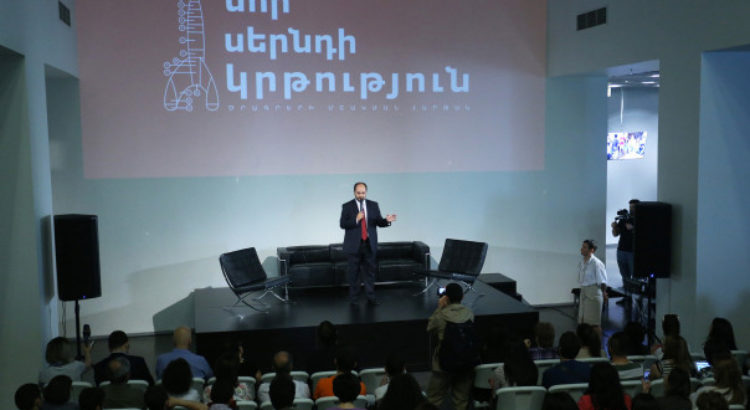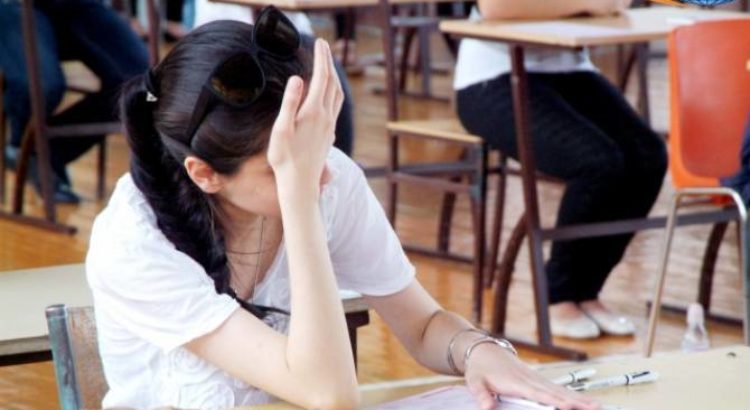Africa/ South Africa/ 06.02.2019/ Source: businesstech.co.za.
Basic education minister Angie Motshekga has called for a more ‘decolonised’ education system in South Africa – saying the current system needs to be amended to allow for diversification.
According to EWN, Motshekga made the comments on the sidelines of the Basic Education lekgotla in Boksburg on Monday, but gave very little in the way of expanding on the concept.
The ‘decolonisation of education’ was at the forefront of demands from students during the Fees Must Fall protests in 2016 and 2017, where students demanded that universities prioritise African studies, and overhaul the curriculum to serve African needs.
However, there has been no real consensus on what it means to decolonise education, with academics noting demands ranging from more African-centric subjects, to a complete overhaul of academia that rejects non-African, or ‘colonial’ studies.
According to Motshekga, the current education system should be amended, with more diverse subjects from high school right through to university. She described the current systems as “very colonial, British, academic”.
Changes to SA’s education system
Motshekga’s comments are generally in-line with the ANC’s latest election manifesto, which also calls for some major changes to the South Africa’s education system, including curriculum changes.
In the ANC’s 2019 manifesto, the party has called for changes to school curricula, predominantly to prepare for the fourth industrial revolution, but also to promote and implement indigenous language programmes, including the finalisation of language legislation in provinces for inclusion in the school curriculum.
Also included in the manifesto is a desire to put history as a key focus area. In December 2019, the department of education gazetted its plans to develop a new history curriculum – with some proposals to make the subject compulsory.
Moves have also already been made to open up access to universities, by doing away with the designated subjects list, and allowing matrics to get bachelor’s entry on a wider array of subjects.
Where a matriculant was previously required to meet the pass prerequisite from a subject list of 18 for bachelors entry at university – which included subjects like accounting, maths and science – they now need only to pass any of the approved 20-credit NSC subjects (excluding Life Orientation).
Academics have said that while it’s good to promote African-centric subjects and curricula, a balance needs to be struck so that the advances of modern medicine, education and science that originated elsewhere in the world aren’t abandoned.
Source of the notice: https://businesstech.co.za/news/lifestyle/294654/minister-wants-to-decolonise-education-in-south-africa/









 Users Today : 17
Users Today : 17 Total Users : 35460370
Total Users : 35460370 Views Today : 24
Views Today : 24 Total views : 3419124
Total views : 3419124